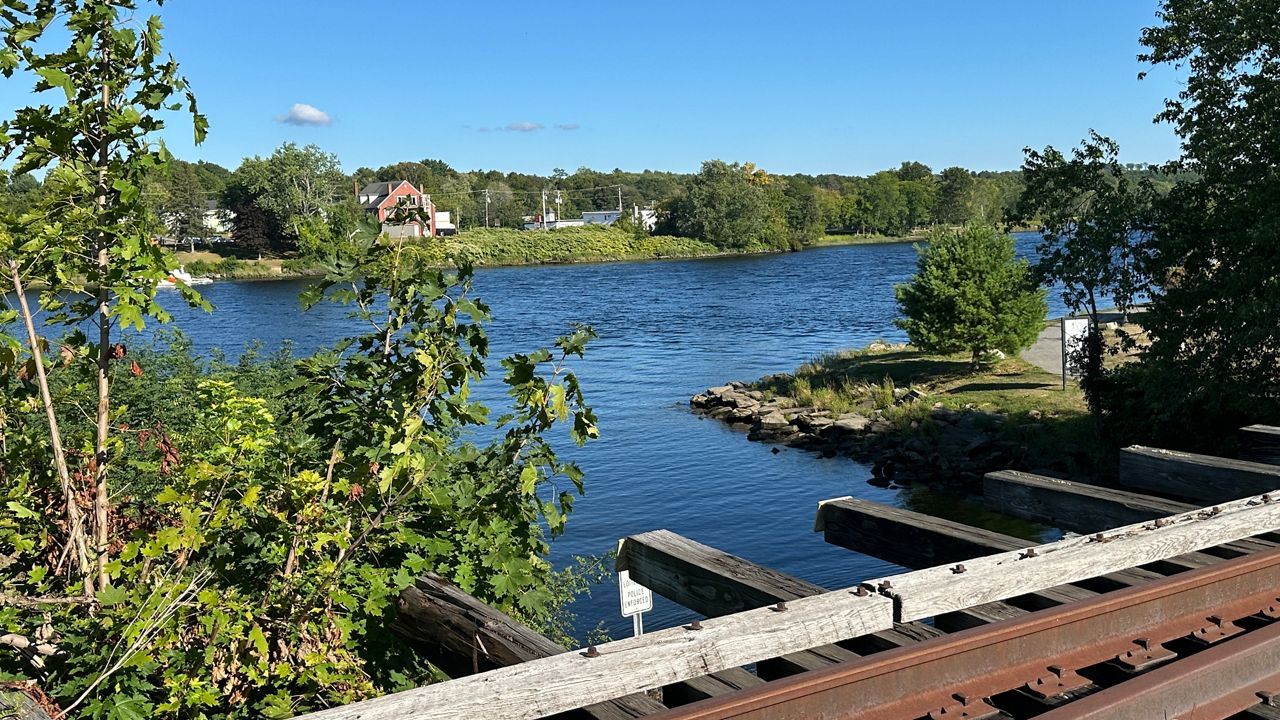
New grants available to preserve land against storm impact
How did your country report this? Share your view in the comments.
Diverging Reports Breakdown
New grants available to preserve land against storm impact
The trust is paying for the grants using $4.1 million in federal funds. The money is part of a $69 million climate resilience grant the state received from the National Oceanic and Atmospheric Administration. The Climate Resilience Conservation Fund is designed to help cities and towns, tribal entities, land trusts and other nonprofits and state agencies.Almost all of Maine is eligible to apply for the funds, except for extreme northern Maine. The funds will help protect tidal marshes, the land that abuts them and areas along rivers and headwater streams.
The trust is paying for the grants using $4.1 million in federal funds. The money is part of a $69 million climate resilience grant the state received from the National Oceanic and Atmospheric Administration in July 2024, according to the trust.
The Climate Resilience Conservation Fund is designed to help cities and towns, tribal entities, land trusts and other nonprofits and state agencies, according to Angela Twitchell, senior director of partnerships and public policy at the trust.
“This fund is focused on natural resource protection as a way to buffer against the impacts of climate change and have communities be more resilient to impacts like flooding and other impacts we’ve seen over the last two or three years,” Twitchell said.
Maine experienced three nearly back-to-back severe storms in late 2023 and early 2024 that caused more than $90 million in public infrastructure damage. Flooding, heavy rain, high winds and high tides destroyed working waterfronts along the coast and flooded downtowns along inland rivers.
Twitchell said the funds now available will help protect tidal marshes, the land that abuts them and areas along rivers and headwater streams.
“By protecting these sorts of natural areas, it will allow waters to flow into them rather than destroying houses and infrastructure,” she said. “It’s not the solution to all of the impacts of climate change but it’s part of the puzzle.”
Almost all of Maine is eligible to apply for the funds, except for extreme northern Maine. Twitchell said the money is aimed at helping watersheds that flow into the Gulf of Maine.
Grants do not need to be matched locally and will likely be between $50,000 and $250,000.
“There are so many of us who were impacted and continue to be impacted by this more extreme weather, rising tides, flooding of houses, washing away of coastal infrastructure,” Twitchell said. “One of the solutions is conserving our natural communities that will help buffer from some of that happening.”
For more information, visit www.mltn.org.
